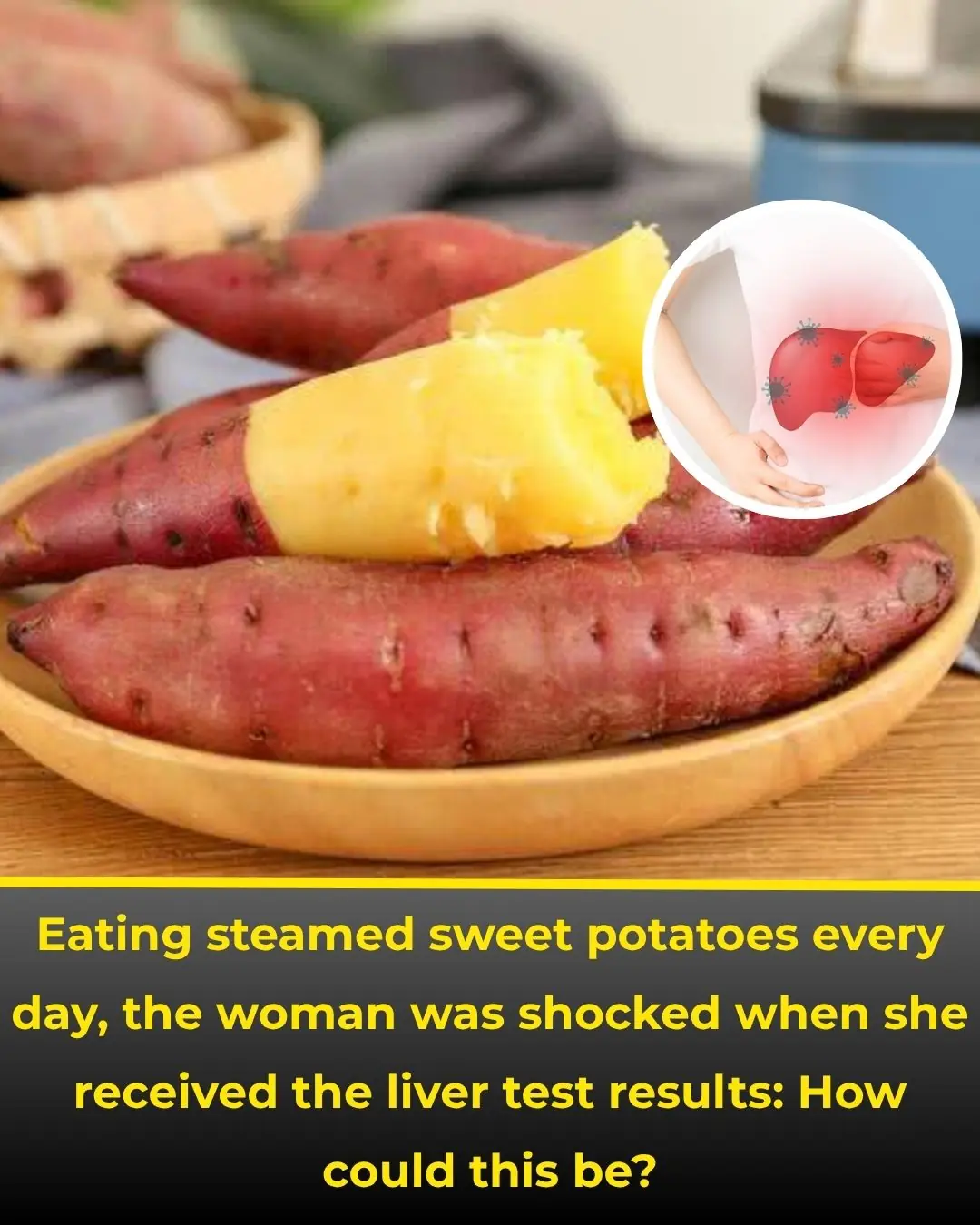
Early Signs of Kidney Disease & How to Protect Your Kidneys (Evidence Based)

Kidney disease is a serious and growing health issue that deserves more public attention. According to the medical journal Primary Care, chronic kidney disease (CKD) affects roughly 13% of the U.S. population, making it one of the most widespread chronic conditions in the country. (1)
The scientific journal Kidney International Supplements identifies several key risk factors for kidney disease, including high blood pressure, smoking, heavy alcohol use, and the frequent use of pain-relieving medications such as NSAIDs. (2) These risk factors are common in modern lifestyles, but with proper awareness and prevention, much of the damage can be avoided.
The Importance of the Kidneys
Your kidneys may be small—each about the size of a fist—but they are powerful, multitasking organs that perform a remarkable range of functions every single day. The Journal of Physiology describes them as “an organ of critical importance in physiology,” and rightly so. (3)
Located near the middle of your back, on either side of your spine, your kidneys act as your body’s natural filtration system. They clean the blood, remove waste, balance electrolytes, and regulate blood pressure—all while keeping essential nutrients in check. (4)
Without the kidneys, our bodies would struggle to survive even a few days. They help us to:
-
Balance water and essential minerals like sodium, potassium, and calcium in the bloodstream.
-
Maintain stable blood pressure levels.
-
Filter and remove toxins created by digestion, medications, or physical exertion.
-
Activate vitamin D, which is essential for strong bones and calcium absorption.
-
Stimulate the production of red blood cells that deliver oxygen throughout the body.
Even normal metabolic activity produces waste products that can be harmful if not properly filtered. Thankfully, our kidneys continuously process these toxins, keeping the body clean and balanced without us even noticing.
What Causes Kidney Disease
Several underlying conditions and lifestyle factors can increase your risk of kidney damage. According to the Journal of Renal Injury Prevention, diabetes and high blood pressure are the two leading causes of chronic kidney disease. (5)
If you live with high blood pressure or blood sugar irregularities, it’s crucial to monitor your kidney health regularly. At every check-up, ask your doctor whether your readings fall within the healthy range and if additional screening is recommended.
Genetics also play a major role. (6)
If your family has a history of polycystic kidney disease (PKD), autoimmune disorders, or other inherited kidney conditions, you may have an elevated risk. (7)
Additional factors that can damage the kidneys include:
-
Birth defects that affect kidney structure or function. (8)
-
Improper medication use, especially long-term use of painkillers or steroids.
-
Unhealthy lifestyle habits such as excessive alcohol consumption, smoking, poor diet, and physical inactivity. (9, 10, 11)
Each of these factors places extra stress on the kidneys, gradually impairing their ability to filter blood effectively.
Early Signs and Symptoms of Kidney Disease
One of the major challenges with kidney disease is that it often develops silently. Many people don’t notice symptoms until significant damage has already occurred. (12)
In its early stages, kidney disease may cause general, nonspecific symptoms that are easy to overlook or confuse with other conditions. Moreover, kidneys can adapt remarkably well to damage, compensating for lost function until it becomes severe.
According to the Mayo Clinic, some of the most common signs of kidney disease include: (13)
-
Persistent fatigue or low energy
-
Changes in urination patterns — such as blood in the urine, foamy urine, or decreased frequency
-
Trouble sleeping or restlessness
-
Nausea, vomiting, or loss of appetite
-
Digestive irregularities such as bloating or constipation
-
Metallic taste in the mouth or bad breath
-
Difficulty concentrating or mental fog
-
Hiccups, muscle cramps, or spasms
-
Swelling in the feet, ankles, or around the eyes
-
Dull pain or pressure in the lower back (where the kidneys are located)
-
Fluctuating blood pressure or shortness of breath
-
Persistent itching or skin rashes
If you experience several of these symptoms, it’s vital to speak with a healthcare professional. Early detection is the key to preventing irreversible kidney damage. Once function is lost, it cannot be fully restored, and advanced CKD may require dialysis or transplantation.
Remember — these symptoms can overlap with other illnesses, so it’s always better to investigate early rather than assume it’s nothing serious.
How to Strengthen and Protect Your Kidneys
While some causes of kidney disease are beyond your control, many risk factors can be reduced or even eliminated through small, consistent lifestyle and dietary changes. Below are proven ways to keep your kidneys healthy and strong.
Lifestyle Changes for Kidney Protection
1. Keep Your Blood Pressure in Check.
Blood pressure directly affects kidney function. (14) When pressure is too high, the delicate blood vessels in the kidneys can become damaged over time. Aim to maintain a healthy reading of around 120/80 mmHg. Reduce stress, eat balanced meals, and stay active to help stabilize your numbers naturally.
2. Quit Smoking and Limit Alcohol.
Both habits put a heavy burden on the kidneys. The American Journal of Epidemiology found that smoking and drinking four or more alcoholic beverages daily were strongly associated with CKD. (15) Quitting or reducing these habits will not only protect your kidneys but also improve heart, liver, and brain health.
3. Move Your Body Regularly.
Exercise increases circulation, strengthens the heart, and helps maintain a healthy weight—all of which reduce kidney strain. Even 30 minutes of brisk walking five times per week can significantly lower your risk of kidney-related complications. (16)
4. Support Bone and Kidney Health with Nutrients.
Your kidneys help regulate calcium and activate vitamin D. If your diet is lacking, talk to your doctor about supplementing calcium and vitamin D under professional guidance. (17)
5. Use Painkillers and Anti-Inflammatories Cautiously.
Long-term use of NSAIDs and similar drugs can severely damage the kidneys. The journal Pharmaceuticals (Basel) warns that these medications pose a “significant risk of renal failure,” especially when used chronically. (18) Use them sparingly and only when absolutely necessary.
Nutritional Changes for Kidney Support
1. Watch Your Sodium Intake.
Excess salt causes fluid retention and increases blood pressure, both of which harm the kidneys. Limit processed foods and high-sodium snacks. Learn to season meals with herbs and spices instead of salt.
2. Eat a Heart-Healthy Diet.
Focus on meals low in cholesterol and saturated fat. Incorporate more whole grains, vegetables, and lean proteins. A balanced, anti-inflammatory diet supports both heart and kidney health.
3. Avoid Overloading on Protein.
Although protein is essential, consuming too much can overwork the kidneys. (19) Ask your doctor or dietitian about your ideal protein intake based on your body weight and activity level.
4. Eat Enough Calories — Don’t Starve Yourself.
Restrictive or crash diets can deprive your kidneys of the energy they need to function properly. Choose steady, sustainable nutrition instead.
5. Add Kidney-Friendly Fruits.
Foods like watermelons, apples, and berries are rich in antioxidants and water content, helping to flush toxins and support hydration. Include them regularly in your diet.
6. Stay Hydrated.
Aim for about eight glasses of water daily, or more if you’re physically active. Dehydration is one of the most common yet preventable causes of kidney stress.
Final Thoughts
Kidney disease is a sobering reality that impacts millions of people every year. Once damage occurs, it’s often permanent — but the good news is that early prevention and lifestyle awareness can make all the difference.
Taking care of your kidneys means taking care of your entire body. These vital organs regulate blood pressure, balance minerals, and filter out harmful waste — all of which influence your heart, bones, and brain health.
So, start today. Drink enough water, eat clean, move your body, and monitor your blood pressure. These small choices can add up to years of vitality and longevity.
Protecting your kidneys isn’t just about avoiding disease — it’s about preserving your quality of life for yourself and for the people you love.
News in the same category

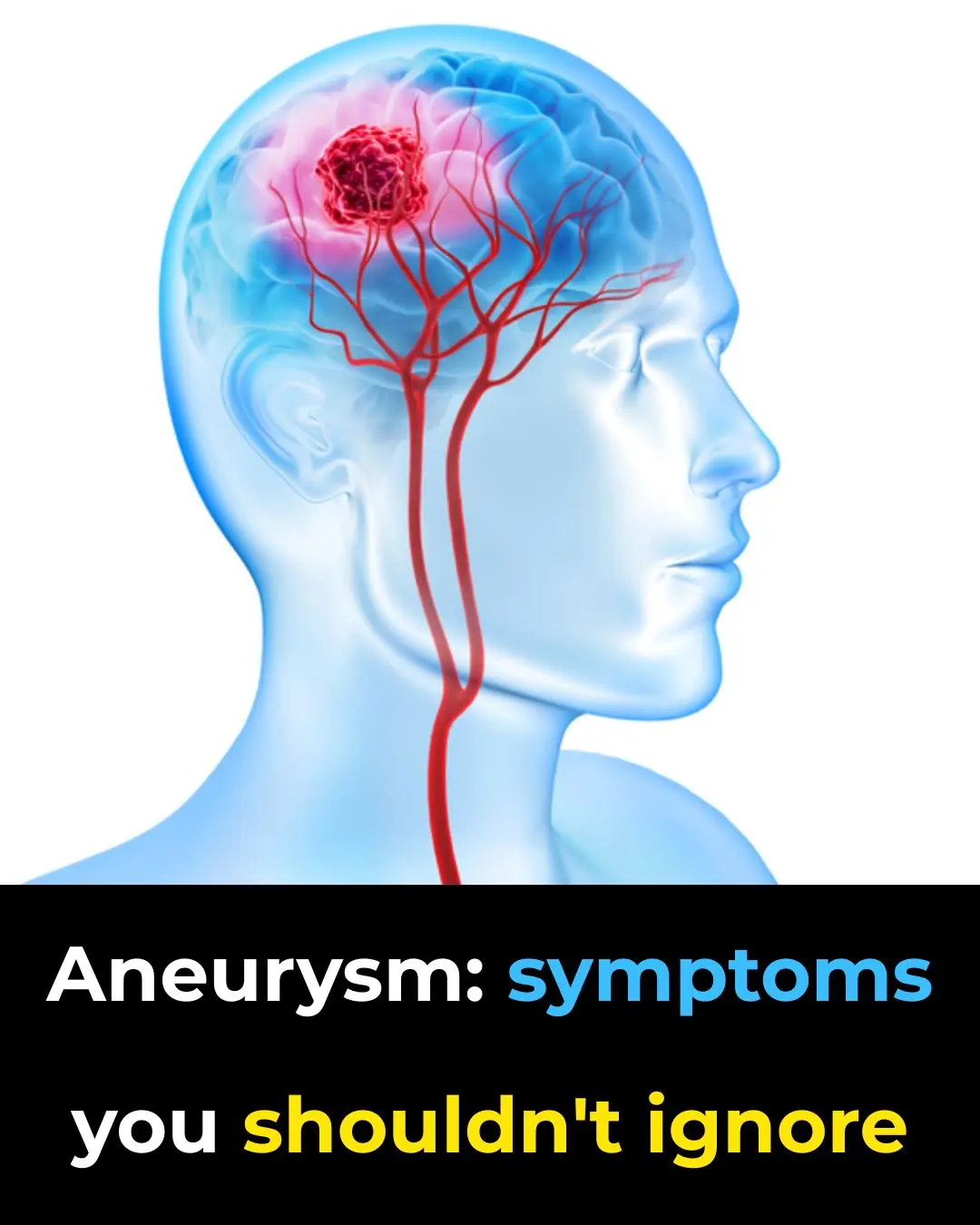
Warning Signs You Should Never Ignore: The Silent Symptoms of a Brain Aneurysm
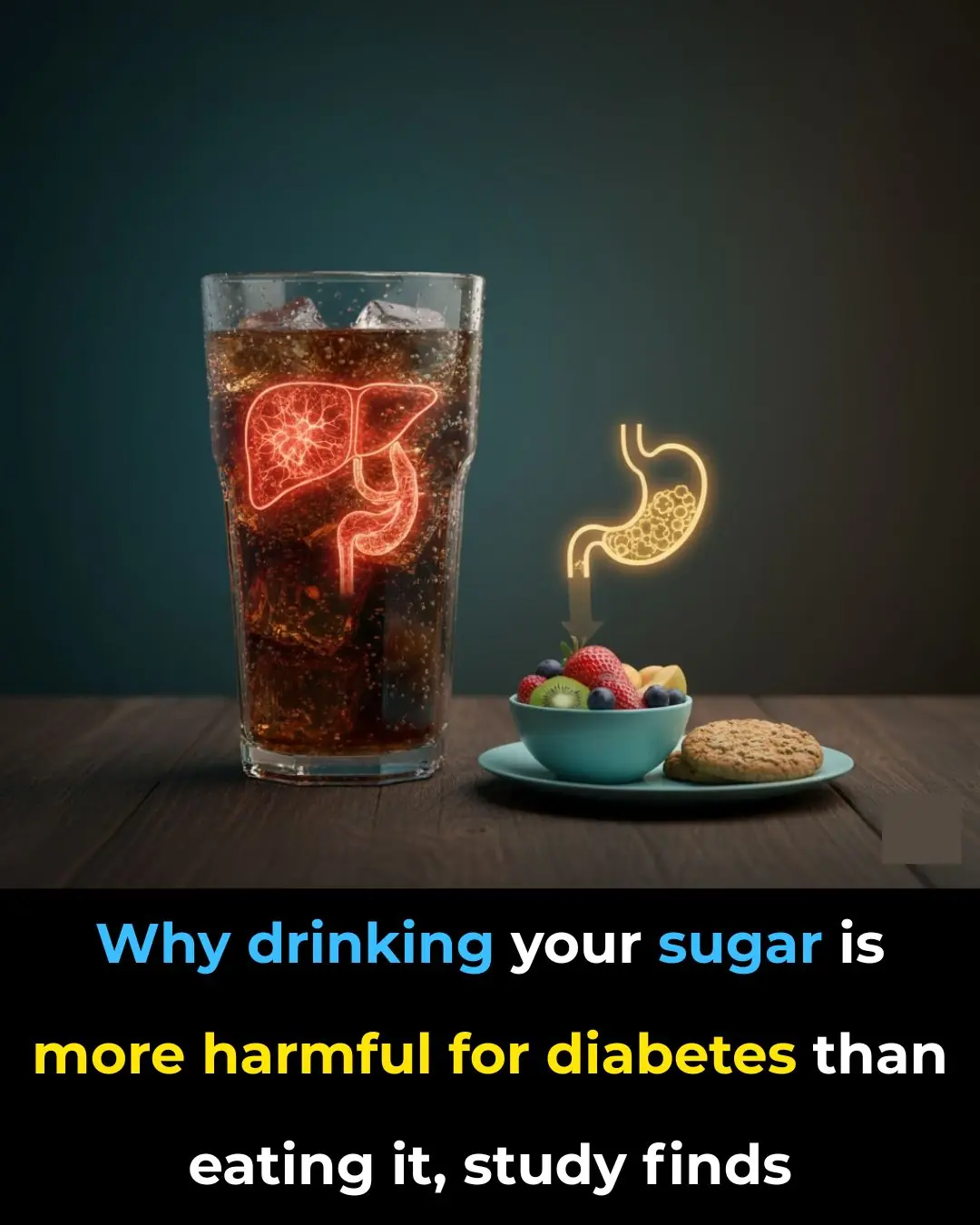
Why drinking your sugar is more harmful for diabetes than eating it, study finds

Thyme Essential Oil Shows Signs of Killing Lung, Oral and Ovarian Cancer
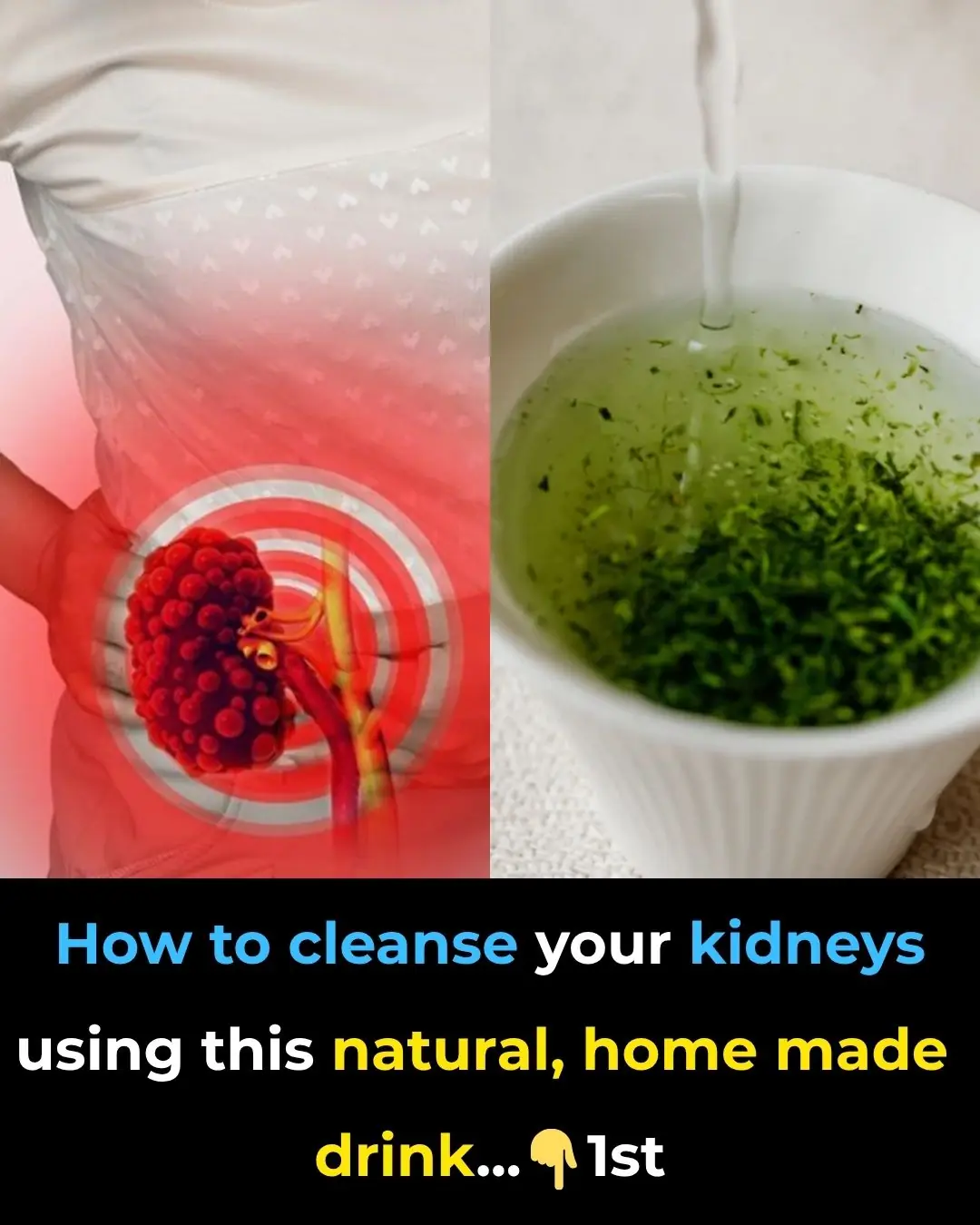
How to cleanse your kidneys using this natural, home made drink
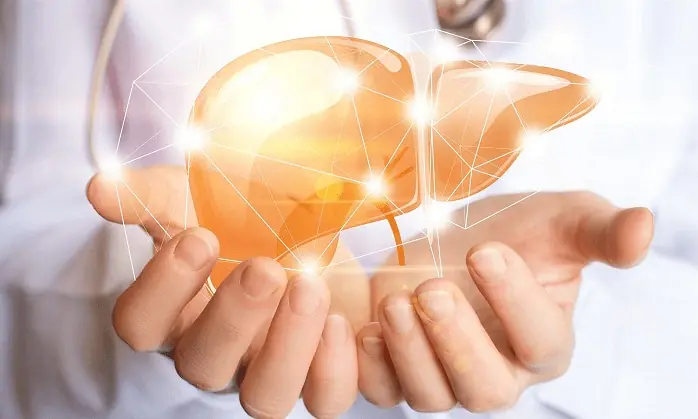
Science backs it up: 3 fruits that fight liver fat, regulate sugar and cholesterol
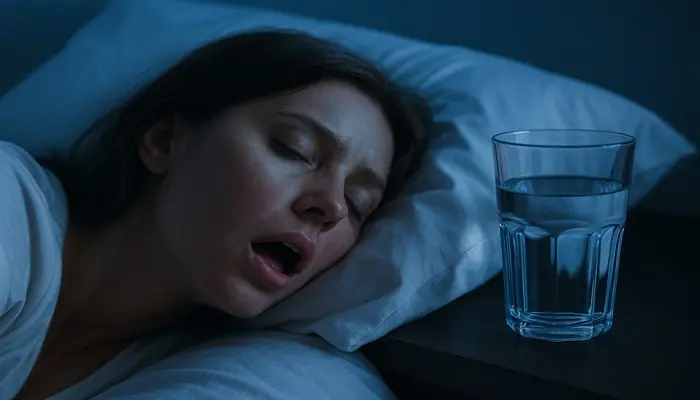
People whose mouths feel dry when sleeping at night need to know these 8 reasons
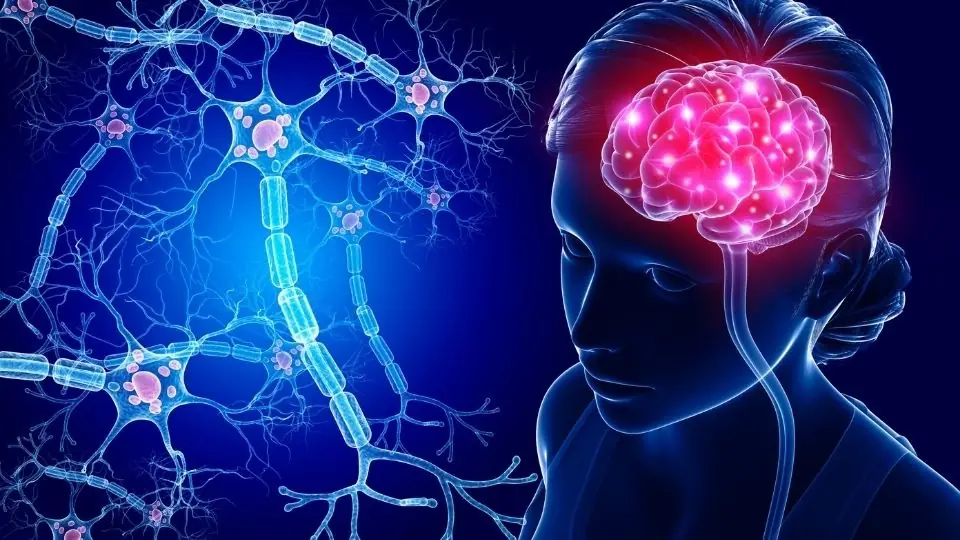
Scientists explain shocking reality of what your brain sees right before you die

Neurologist Advises Ceasing Beer Consumption by Age 65
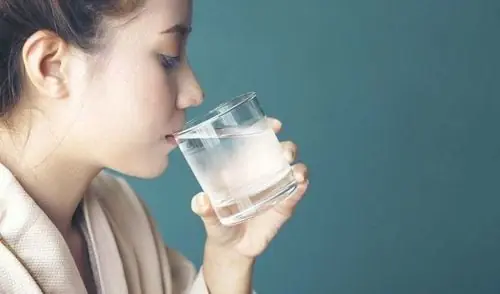
Drinking Water on an Empty Stomach: Japanese Water Therapy, What Science Says, and More
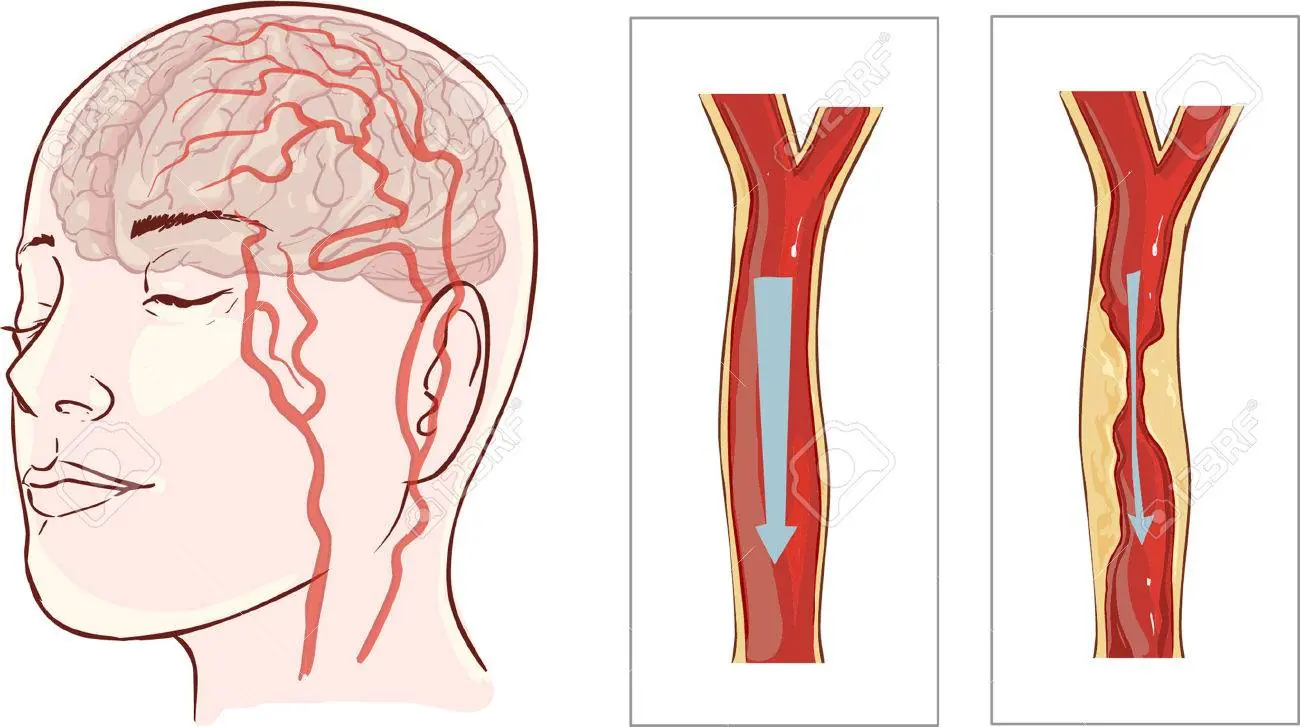
Eat This — It Opens Arteries to Your Heart and Brain

Eat this before bed? Doctors are stunned by the results
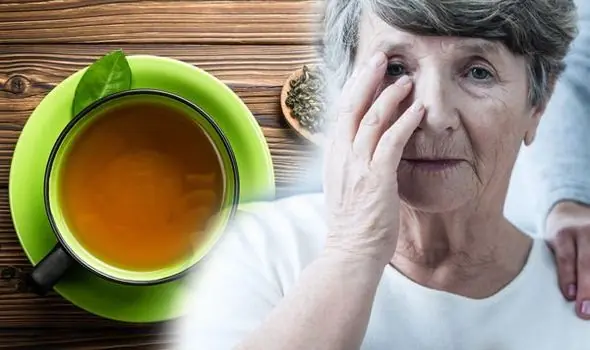
The Vitamin and Tea Combo Linked to Alzheimer’s Protection
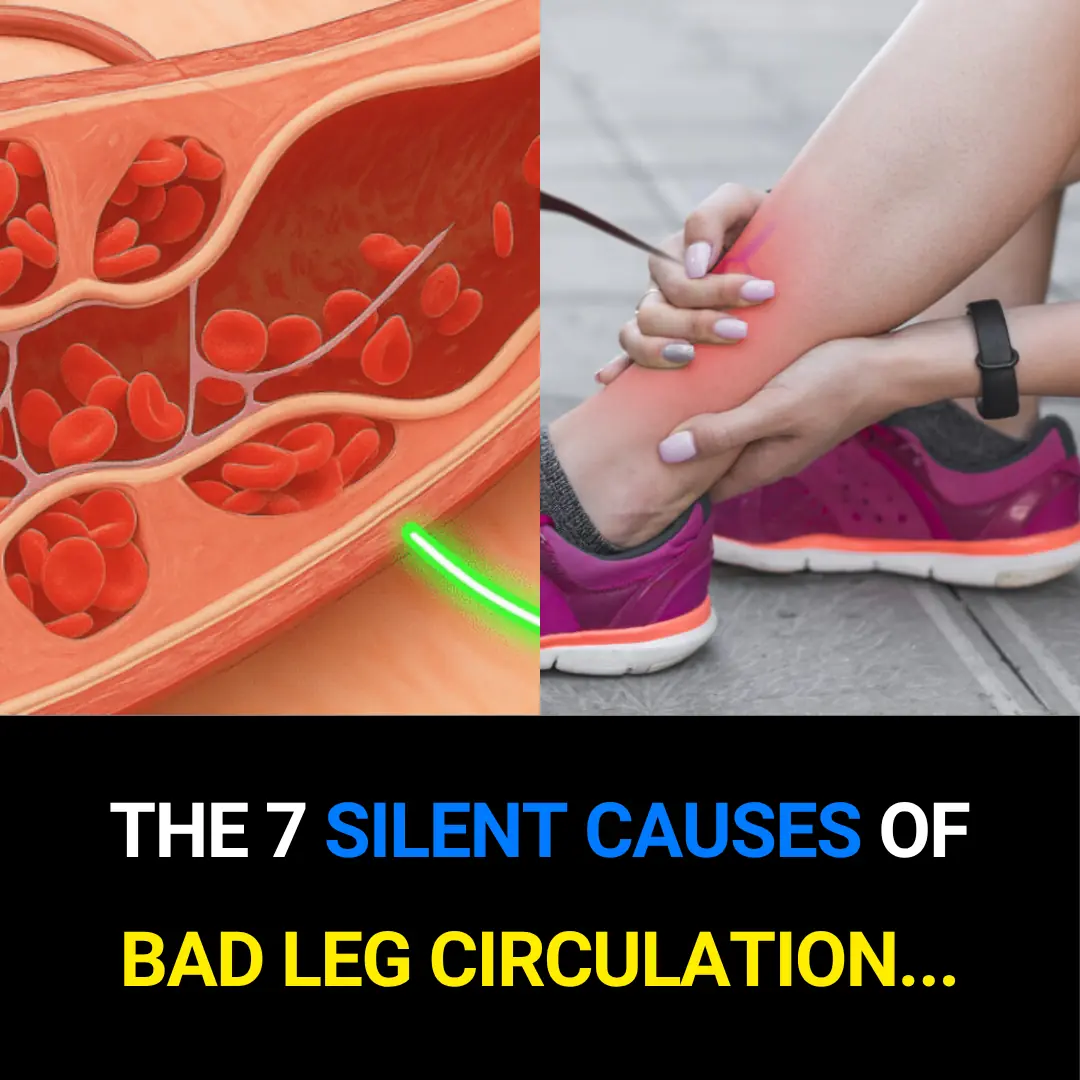
The 7 Silent Causes of Poor Leg Circulation — And How to Fix Them Naturally
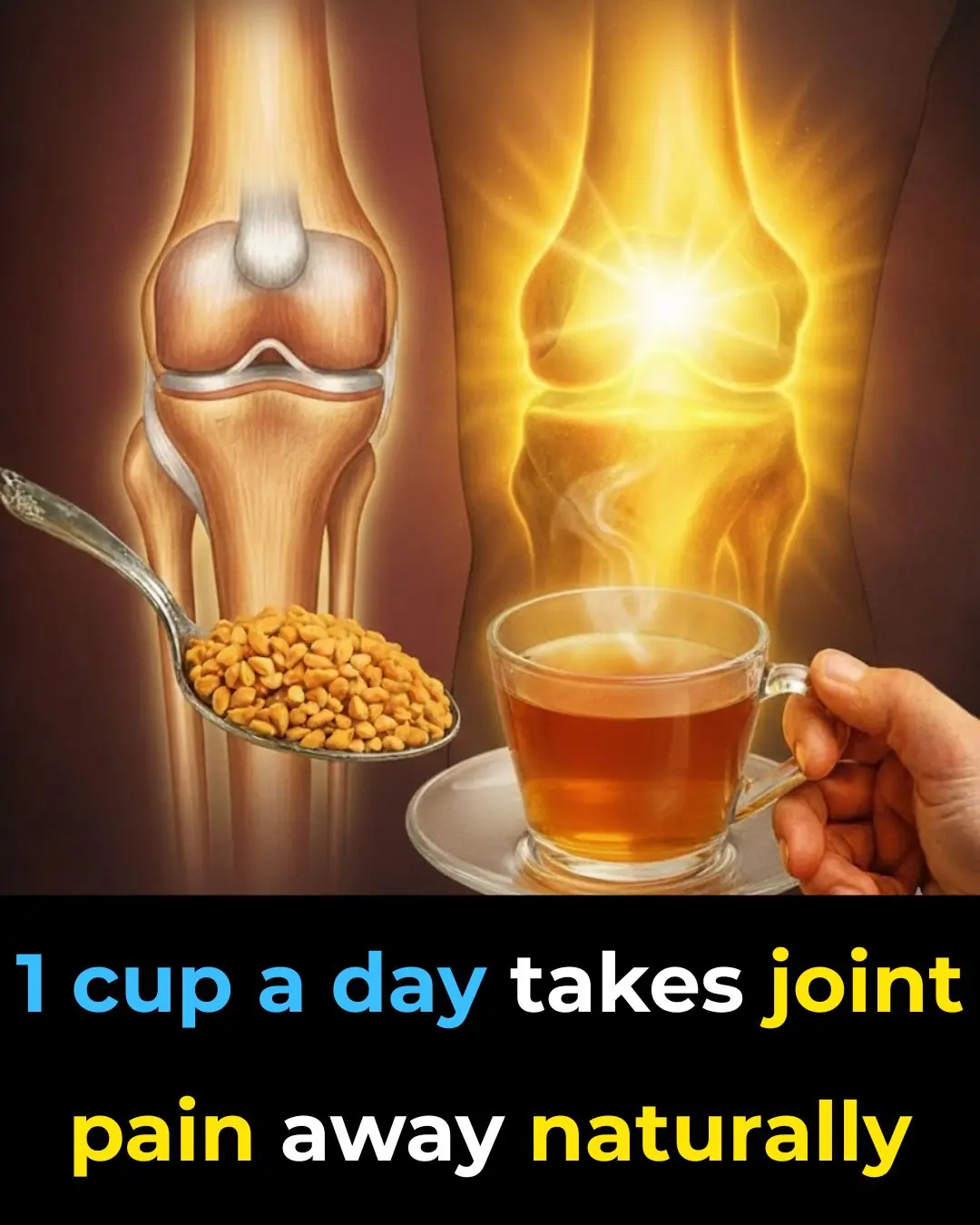
1 cup a day takes joint pain away naturally

Feeling sluggish after meals? 7 natural ways to improve bile flow and boost digestion
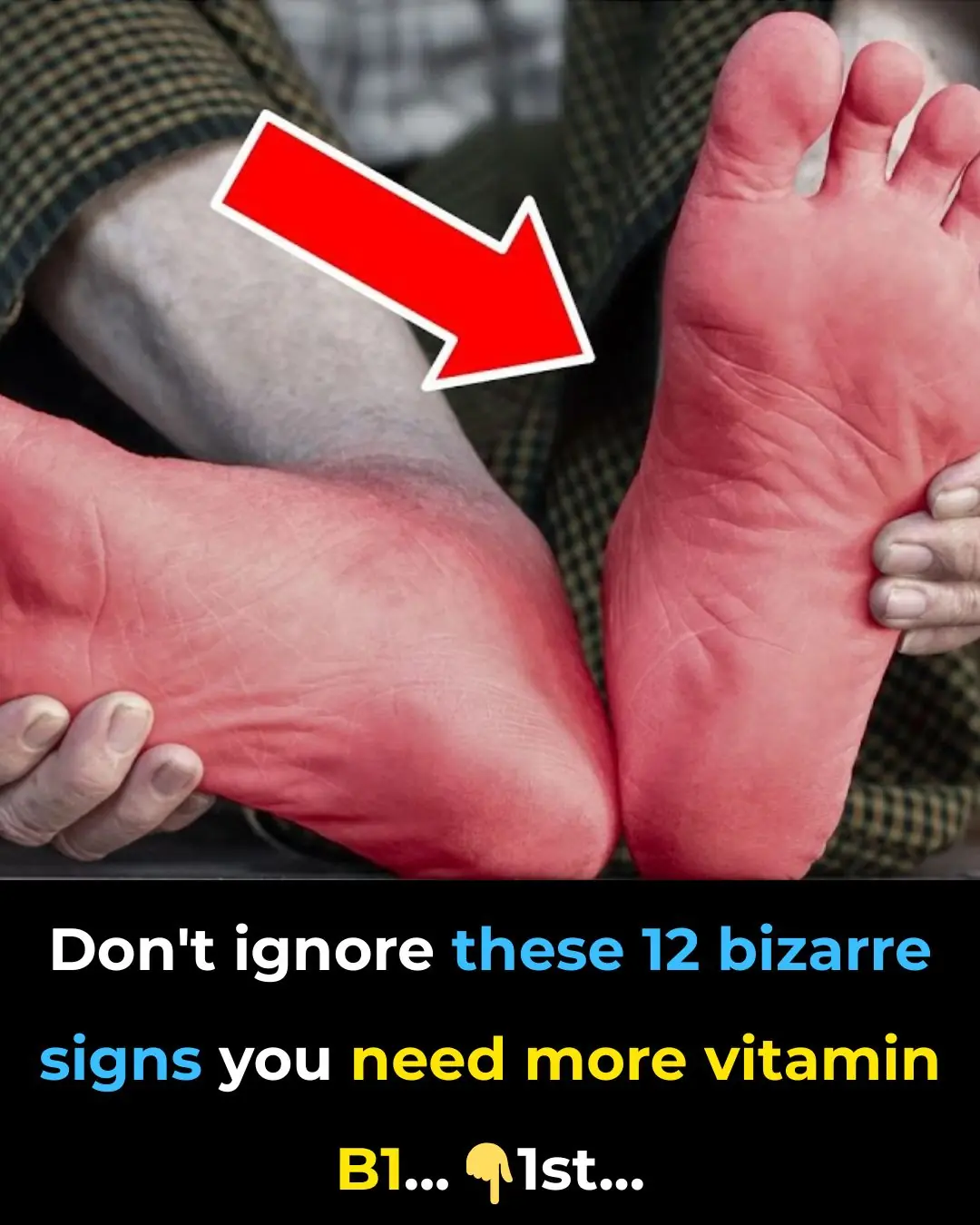
Don’t ignore these 12 bizarre signs you need more vitamin B1!
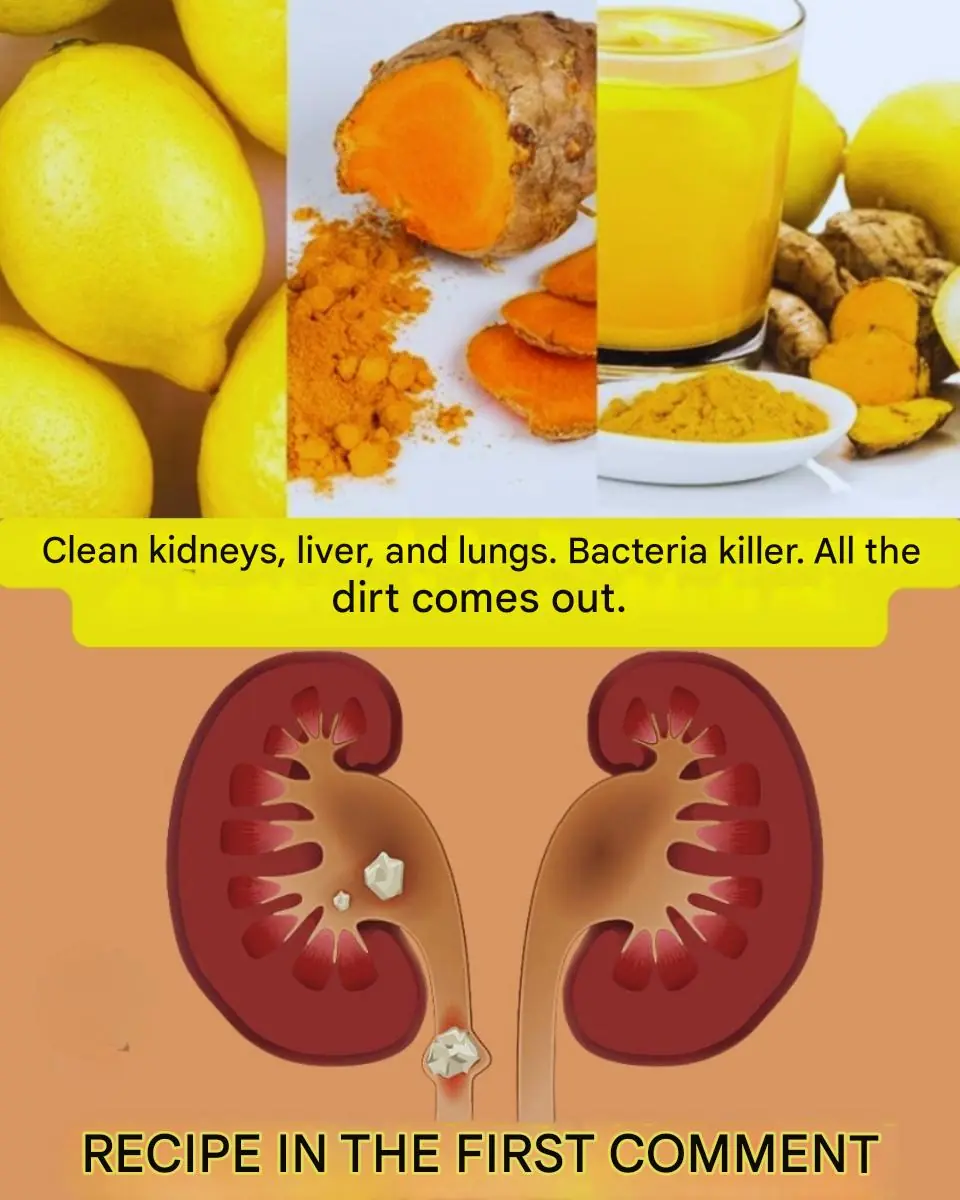
Orange & Ginger Cleanse Juice for Kidneys, Lungs & Liver
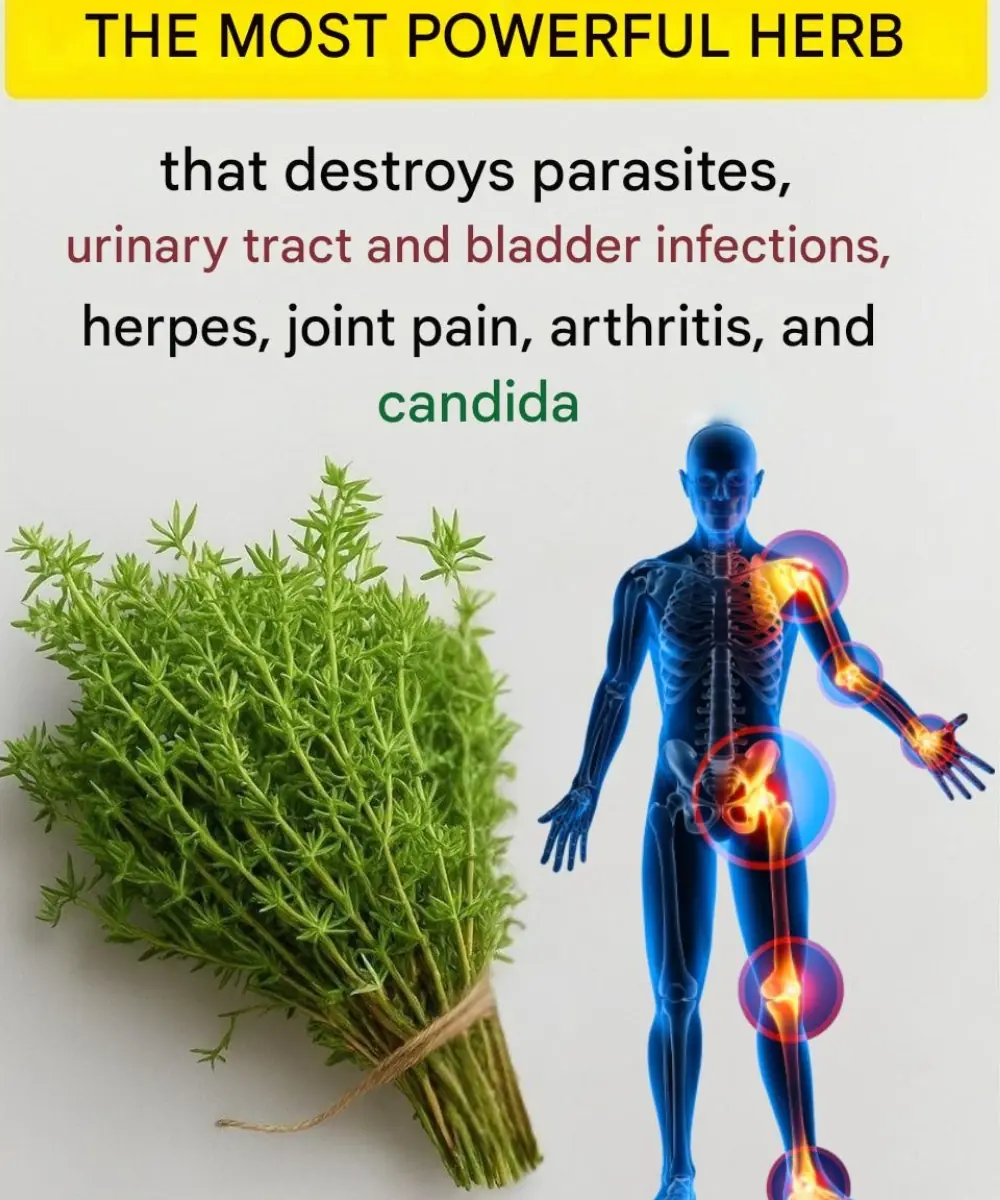
Thyme: The Natural Remedy for a Variety of Health Problems
News Post

Eating Steamed Sweet Potatoes Every Day: A Woman Shocked by Her Liver Test Results

Warning Signs You Should Never Ignore: The Silent Symptoms of a Brain Aneurysm

Model Loses Both Legs After Toxic Shock Syndrome From Everyday Tampon Use

Before And After: Woman With Extreme Lip Enhancements Reveals Old Look

Tragic End: Georgia O’Connor Passes Away Weeks After Wedding Amid Medical Neglect
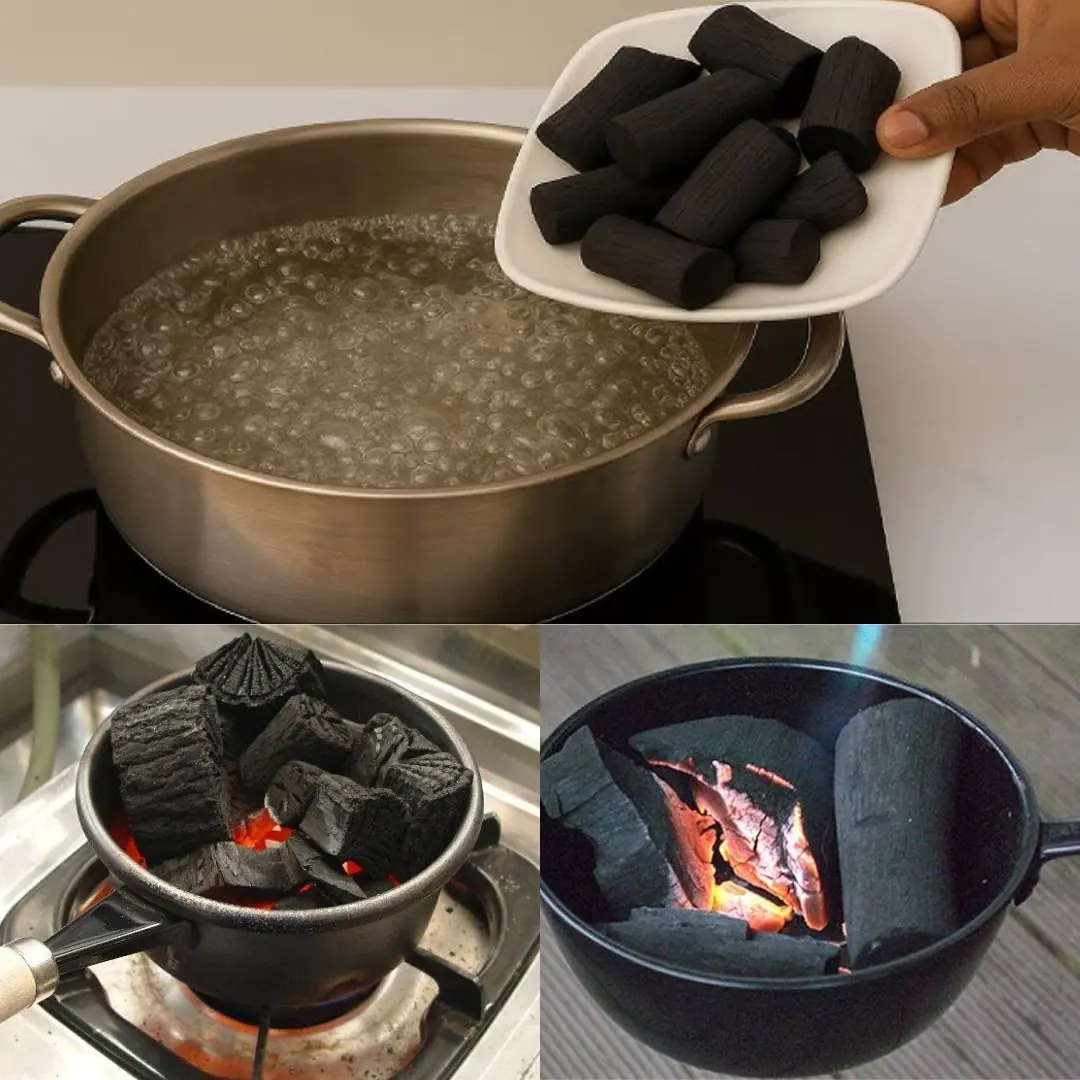
DIY Survival Water Filter: A Simple Life-Saving Tool You Can Make Anywhere
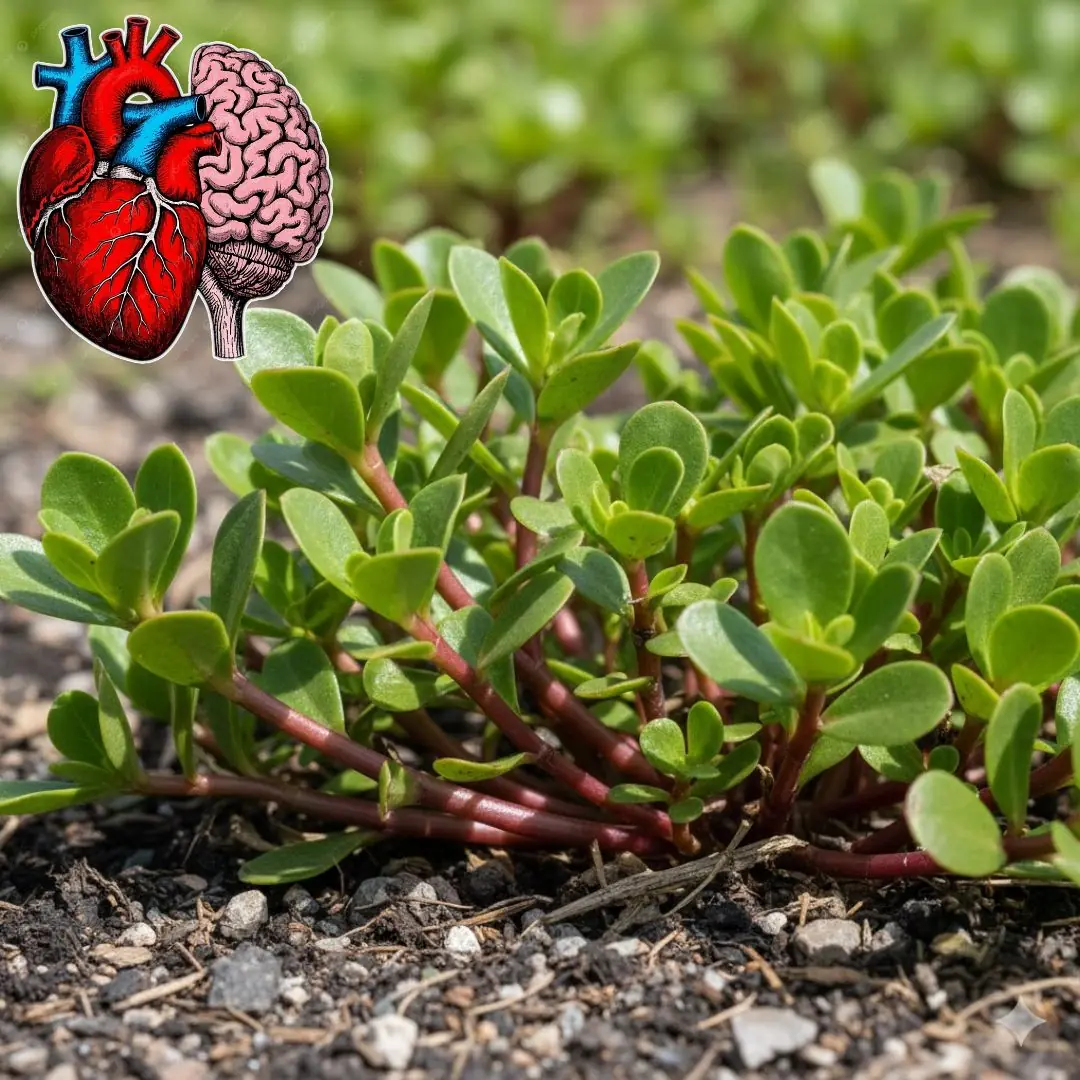
30 Powerful Reasons You Should Stop Ignoring Purslane

Why drinking your sugar is more harmful for diabetes than eating it, study finds
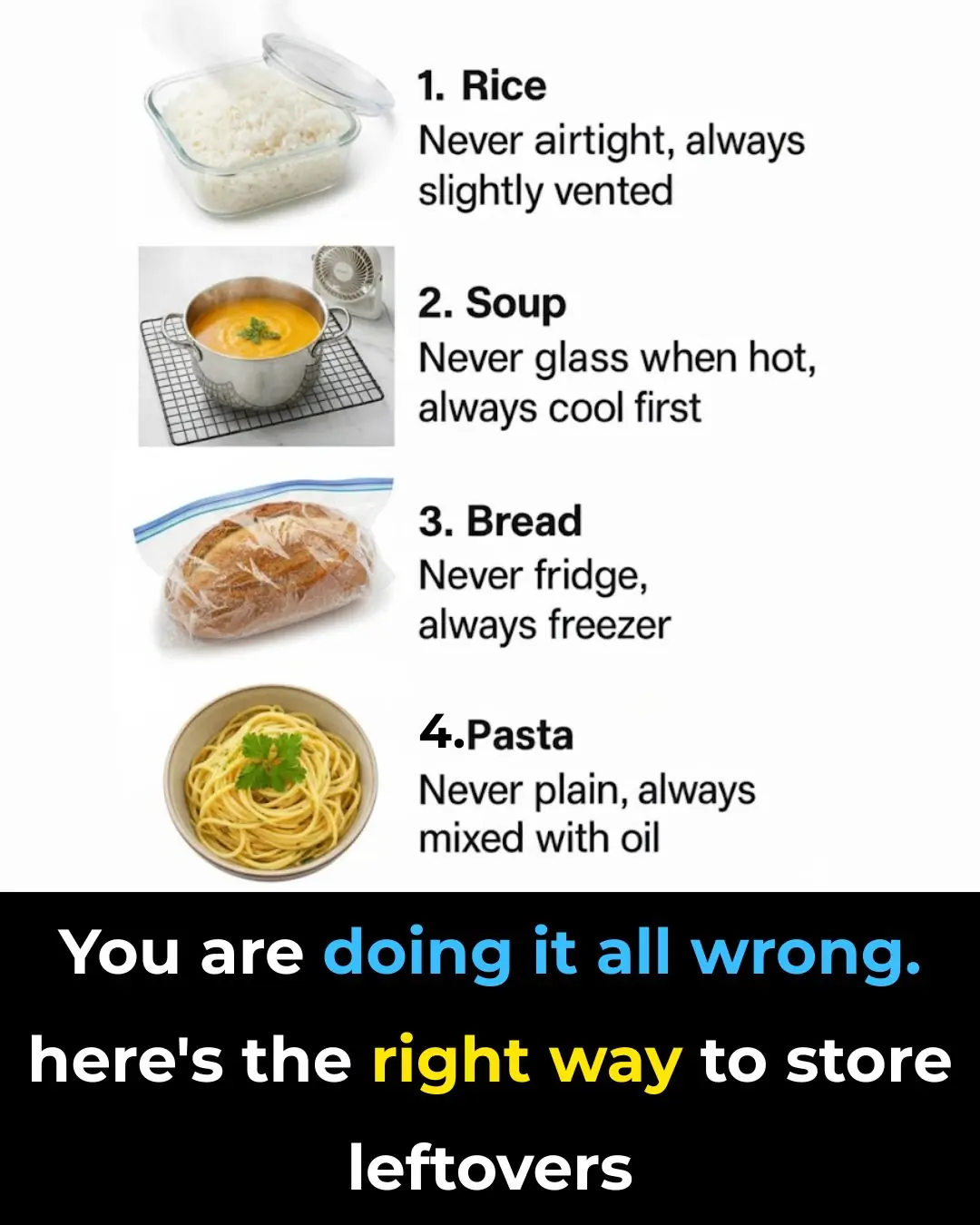
You are doing it all wrong. Here’s the right way to store leftovers

When a cat rubs against you, this is what it means

Zodiac Signs Most Likely to Have Prophetic Dreams
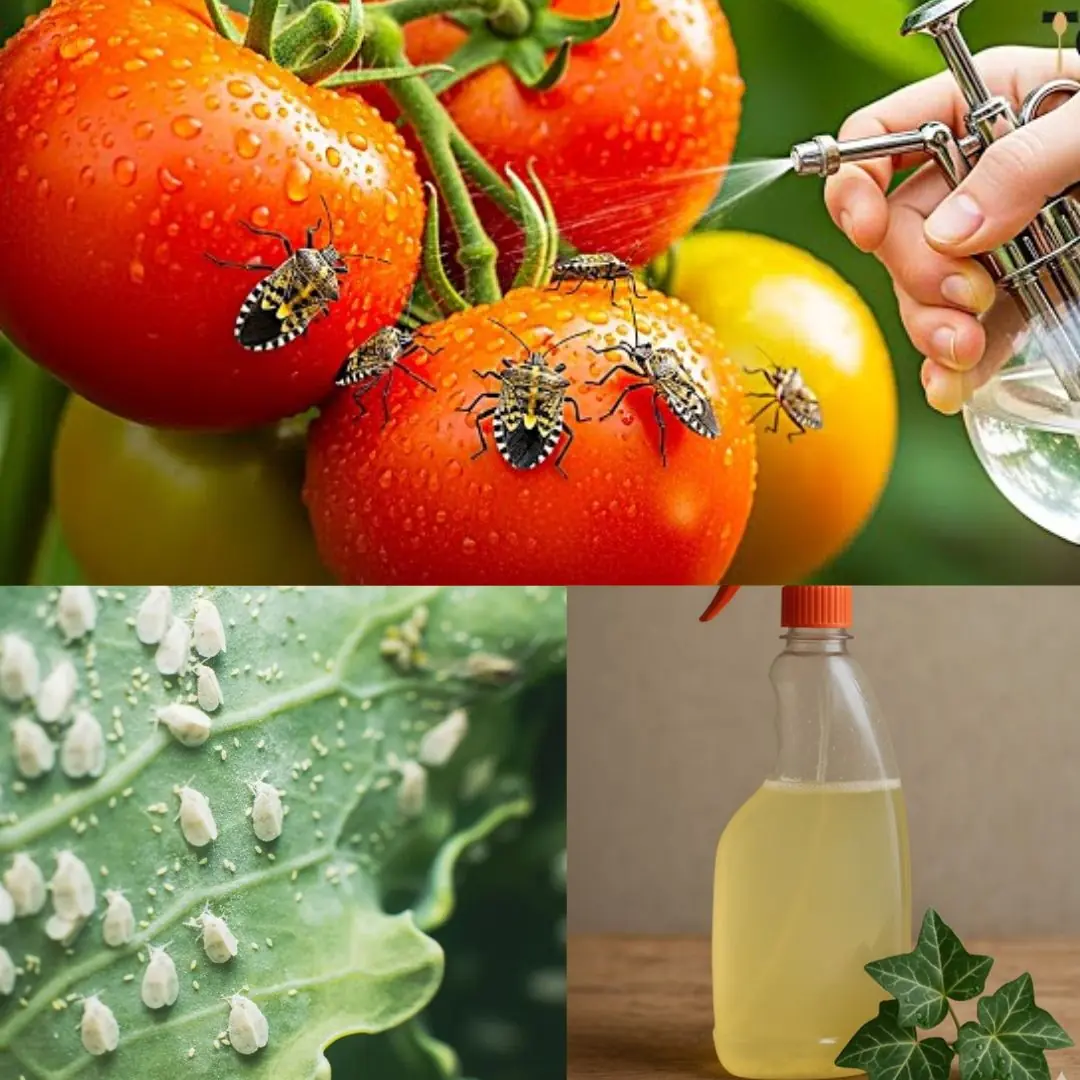
Ivy and Vinegar: A Safe and Natural Spray to Keep Pests Off Your Garden
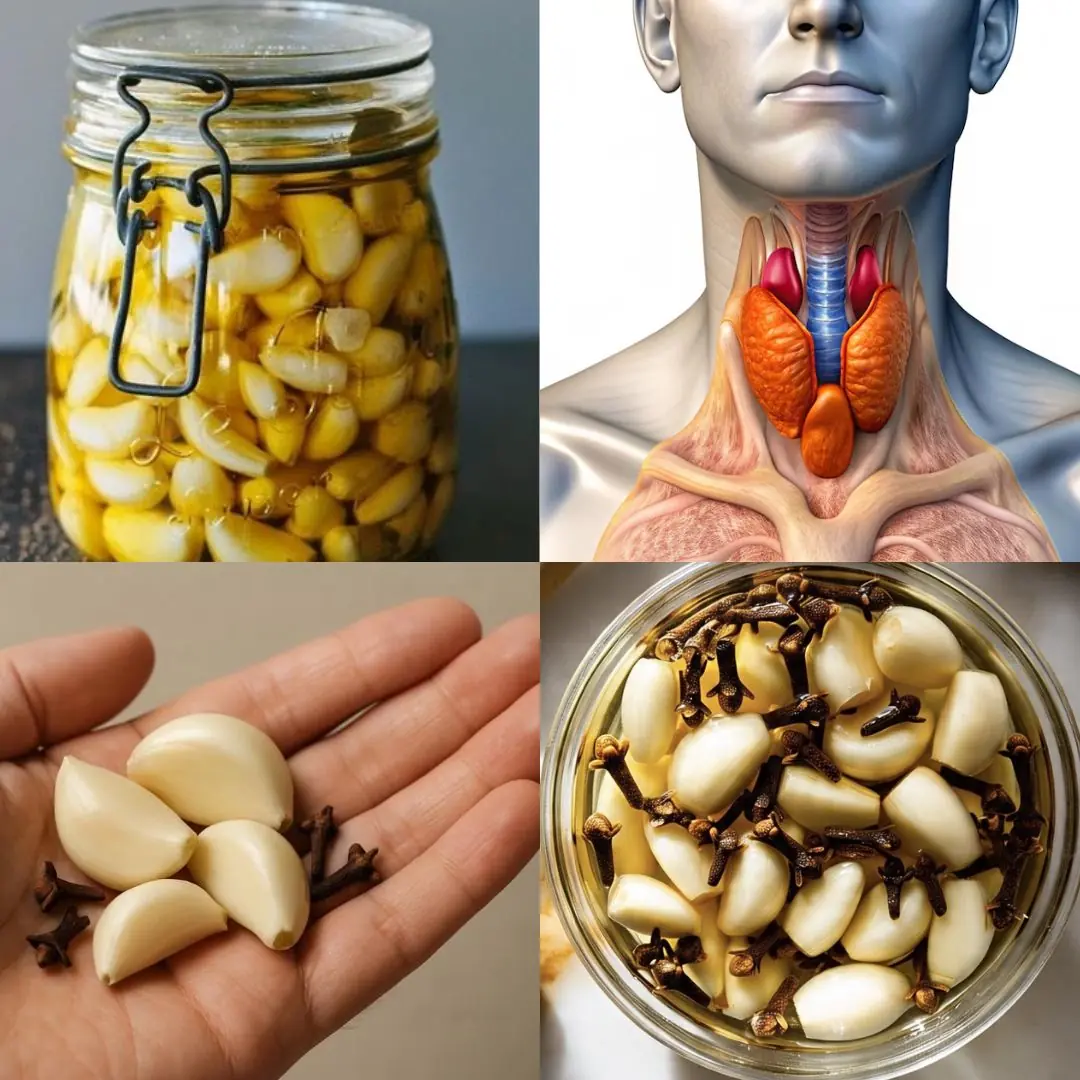
Garlic, Honey, and Cloves – a powerful natural remedy packed with health benefits
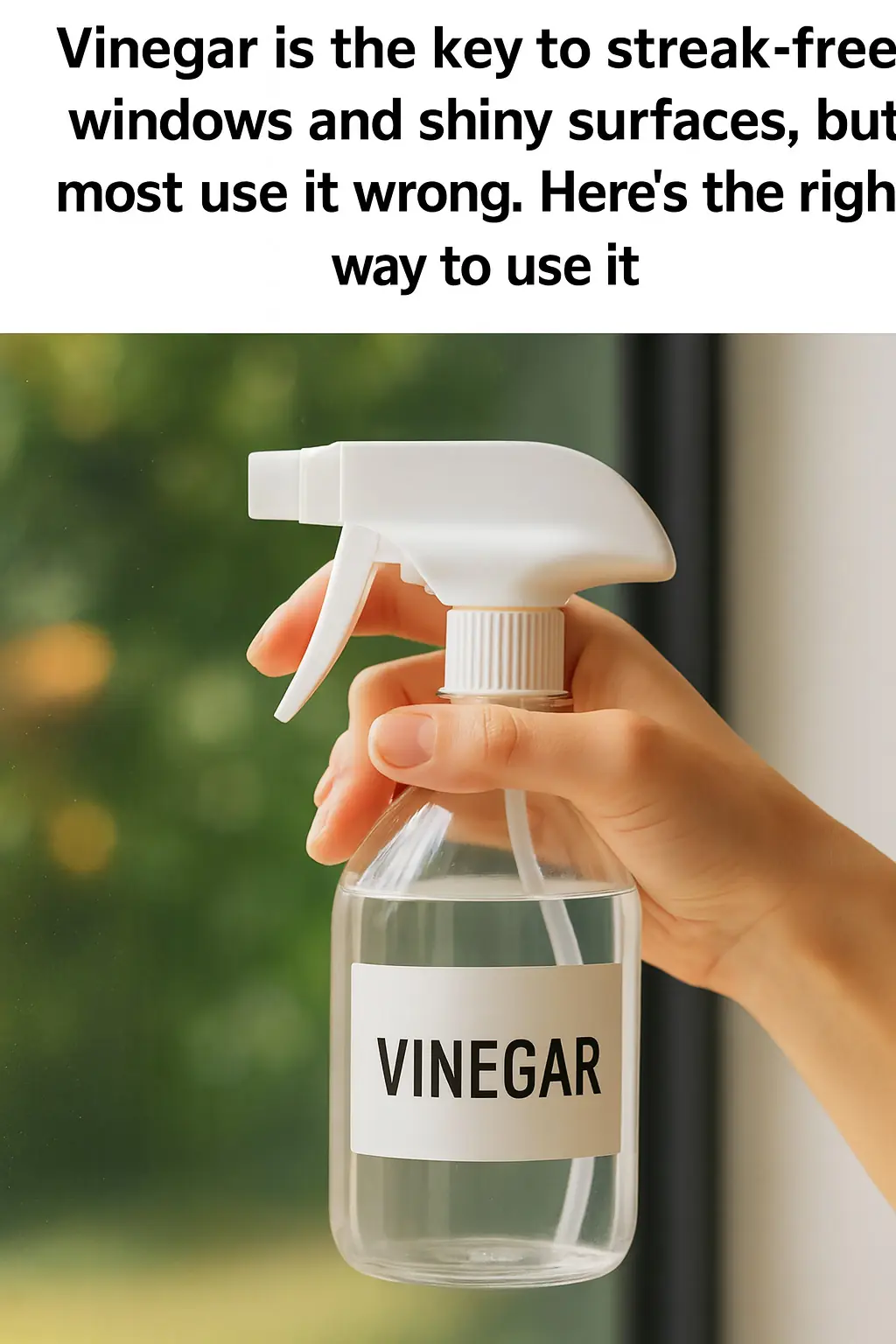
Vinegar is the key to streak-free windows and shiny surfaces, but most use it wrong. Here's the right way to use it

Haven't heard that before
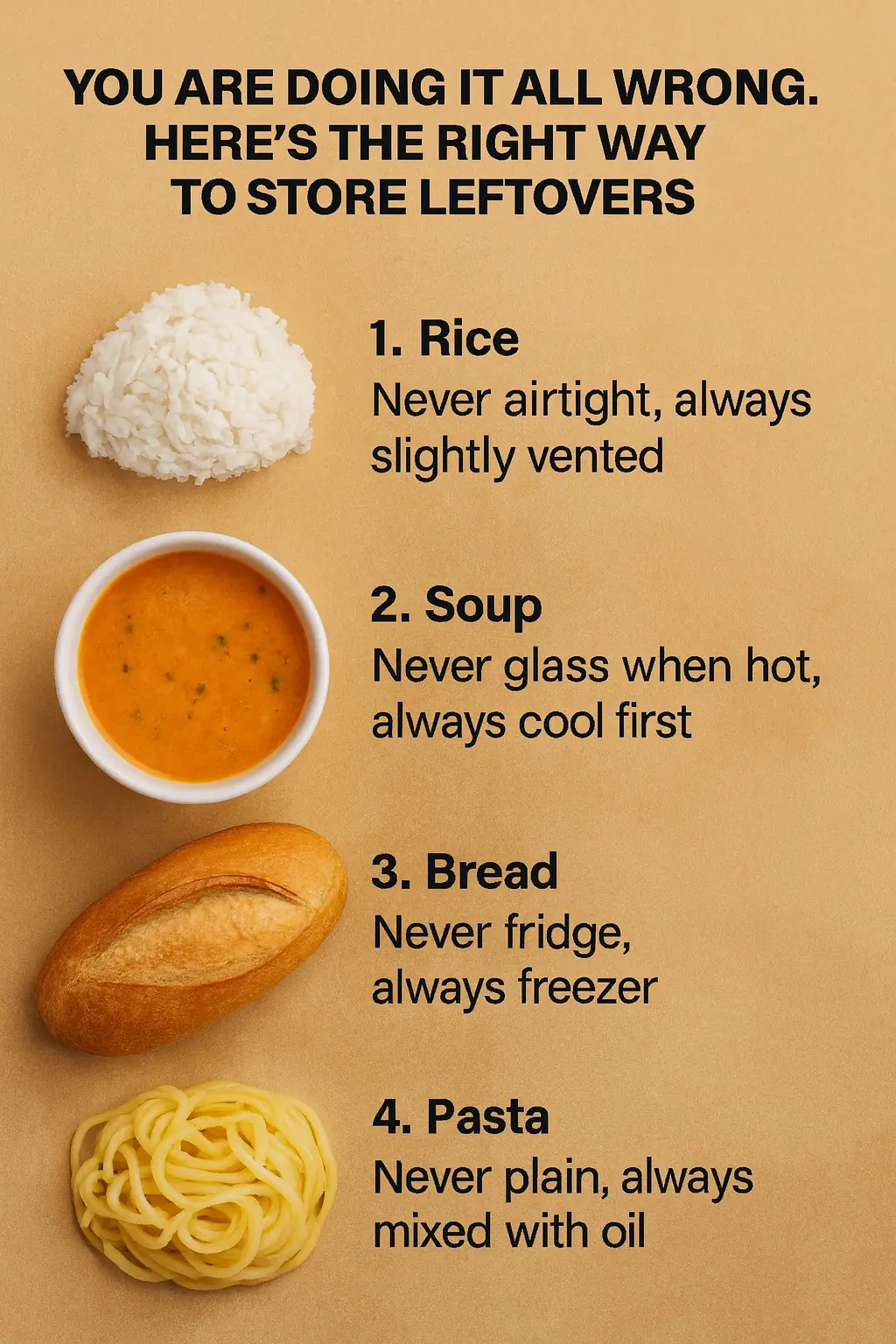
You are doing it all wrong. Here’s the right way to store leftovers
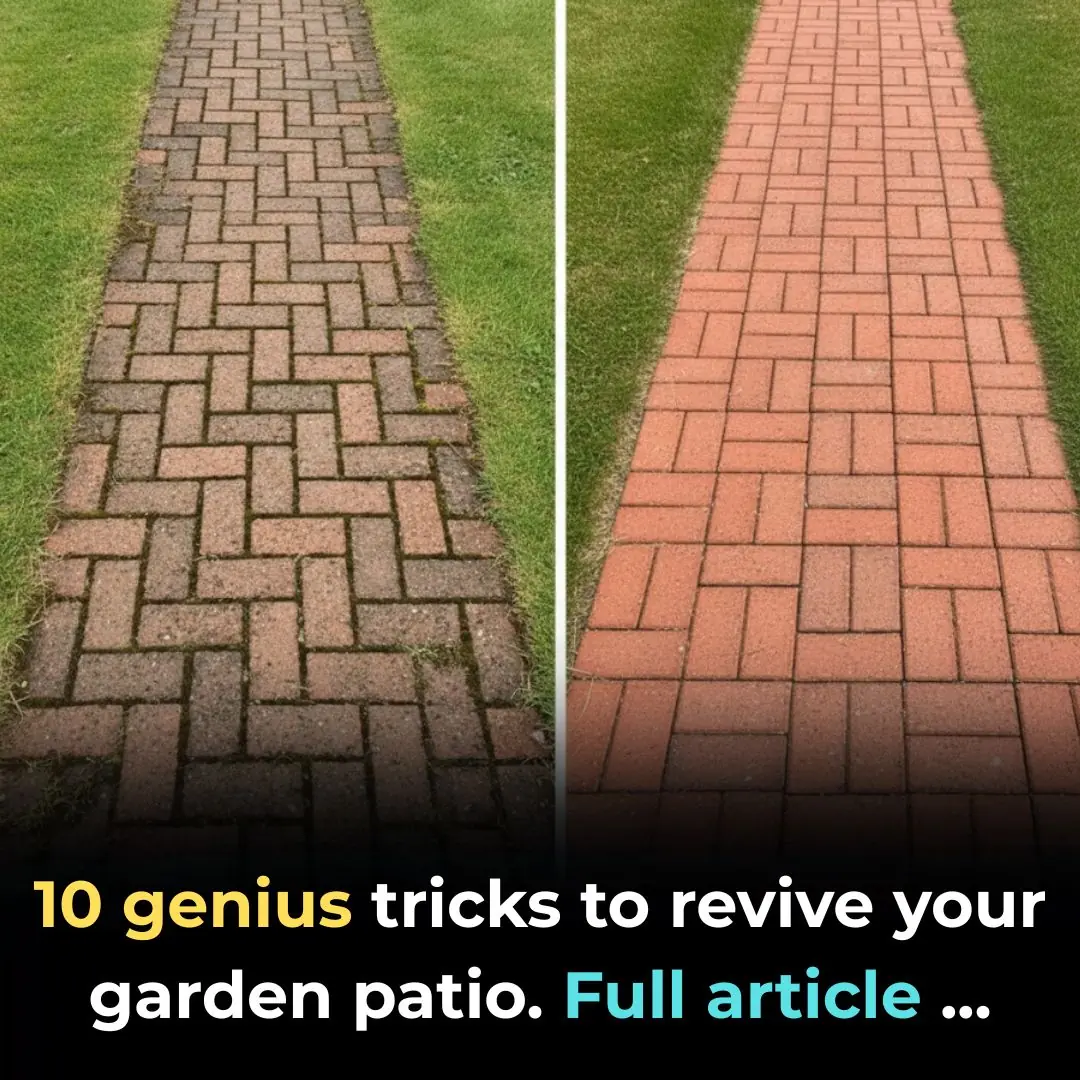
10 genius tricks to revive your garden patio
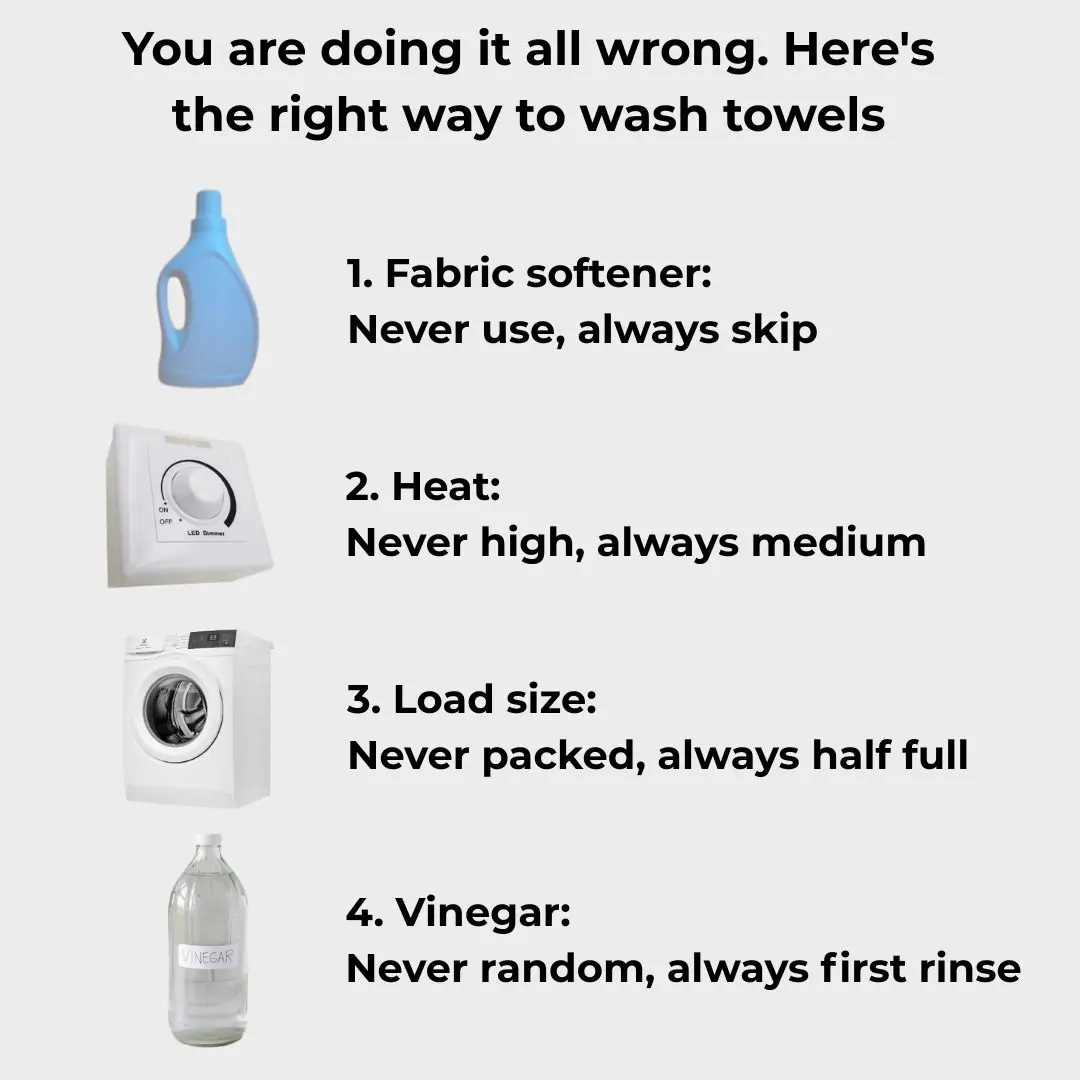
You are doing it all wrong. Here’s the right way to wash towels
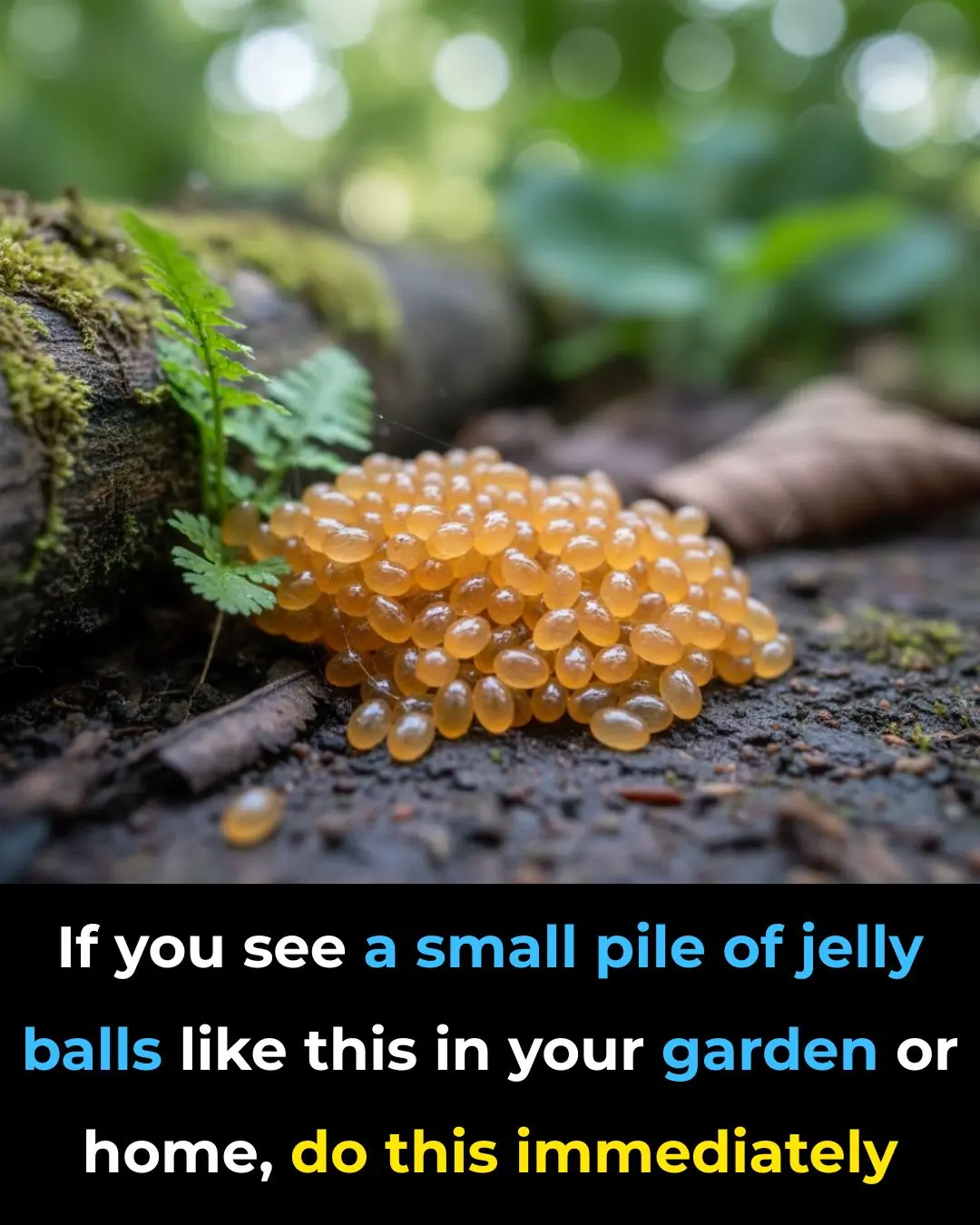
They look so harmless
